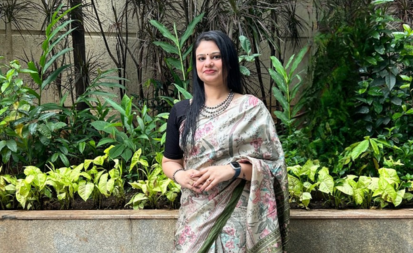A Remarkable Leader with Global Experience
In Conversation with Abhay Parnerkar, CEO, Godrej Tyson Foods Limited What is the potential for growth In the Indian market for vegetarian snacks products? We started off with a non-vegetarian line of products. However, we realised,

In Conversation with Abhay Parnerkar, CEO, Godrej Tyson Foods Limited
What is the potential for growth In the Indian market for vegetarian snacks products?
We started off with a non-vegetarian line of products. However, we realised, after interacting with many consumers, that about two-thirds of the snacking category in India consists of vegetarian products, especially those that are potato-based. Therefore, we consciously increased the number of such products in our portfolio and introduced a state-of-the-art facility in Ludhiana in 2018, which gave us a lot of traction. Crispy Potato Starz is the third in our line of such special products. A major advantage that vegetarian snacks give us is affordability. Price points are lower compared to chicken-based products. This allows us to penetrate more homes. We’ve noticed that demand is growing at a faster pace for vegetarian products.
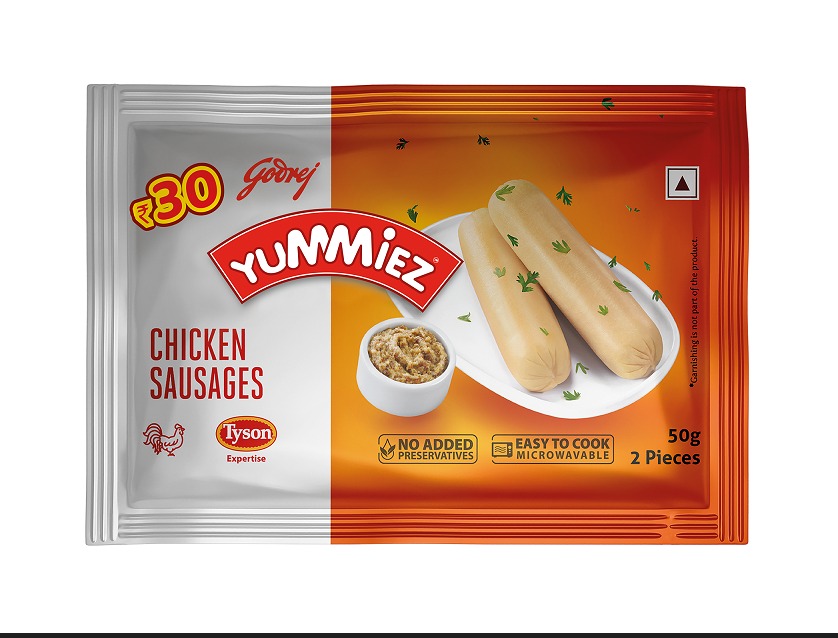
What are the latest trends in both poultry and vegetarian product industries?
In the Indian poultry sector, there is a noticeable shift towards quality assurance and traceability. Consumers are increasingly interested in responsibly sourced and ethically raised poultry. Health and wellness trends are driving the demand for leaner cuts, antibiotic-free, and hormone-free poultry products. Additionally, there’s a growing appetite for innovative, ready-to-cook, and value-added poultry items, catering to the convenience needs of modern consumers.
Within the vegetarian product domain, plant-based alternatives are witnessing a surge in popularity as more individuals embrace flexitarian or vegetarian lifestyles. Health and sustainability are key considerations, leading to a rise in demand for sustainably sourced and environmentally friendly vegetarian options. The market is expanding beyond meat substitutes to include a variety of dairy alternatives like plant-based milk, yogurt, and cheese. Furthermore, there is a rising interest in locally sourced and authentic vegetarian products, reflecting a broader appreciation for traditional and regional cuisines.
Could you provide more information on Godrej Tyson Foods expansion into the international market?
India serves as a significant exporter of frozen products to the Middle East and the United States due to substantial demand in the US, UK, Australia, and the Middle East. Numerous companies have established thriving businesses by specializing in a few products for these markets. With our expertise and the establishment of our vegetable processing plant, we aim to capitalize on the potential opportunities, especially in the vegetable category, as there are certain restrictions on the export of non-vegetarian products. A couple of years ago, our entry into the US market was primarily through private labels rather than our brand. However, in recent months, we have shifted our focus towards identifying opportunities for our brand in these markets. Our exploration is particularly concentrated on South East Asia and the Middle East.
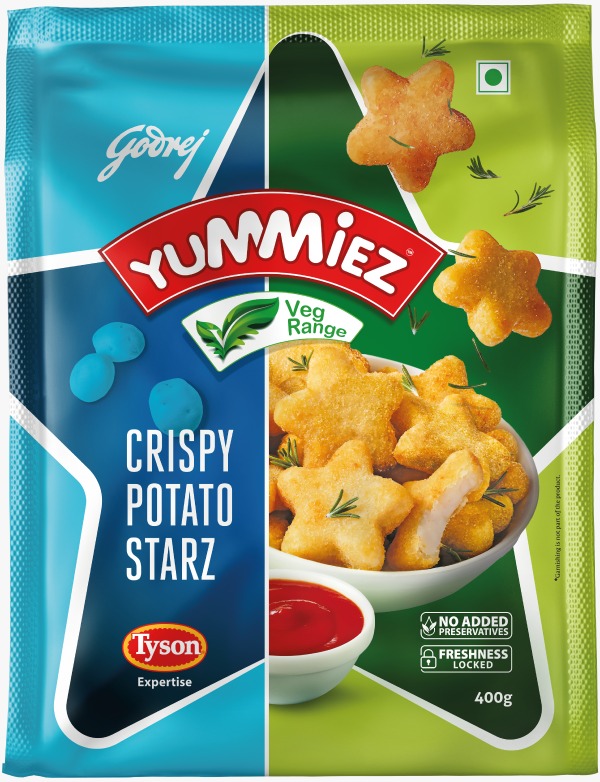
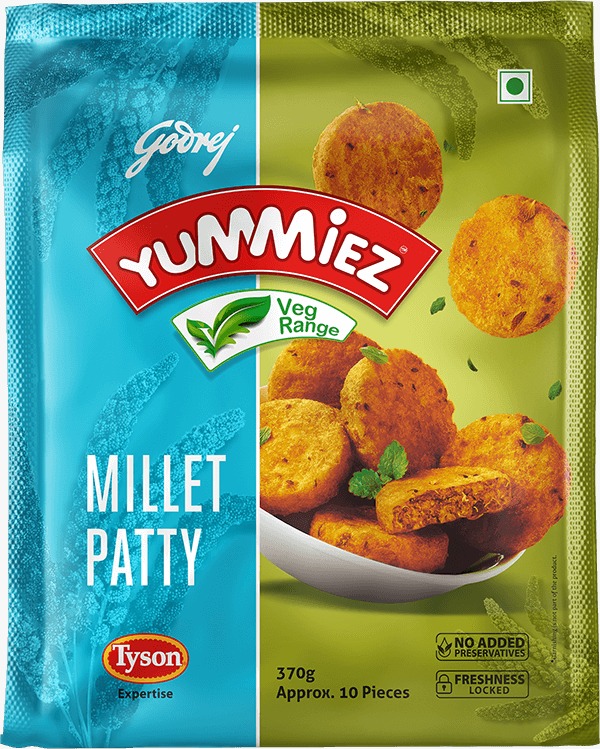
With decades of experience at Coca Cola, can you share one memorable moment that stands out and briefly summarize your journey throughout?
Every market – be it Africa, Europe, or Asia comes with its advantages and disadvantages; hence each market has been a learning ground for me. I was associated with The Coca-Cola Company for more than 17 years in these markets at various levels. I have lived in five countries while leading businesses and teams in 20+ countries across three continents. For a country as diverse as ours, with a promising economy, these learnings are a plus point. This is especially true when it comes to strengthening and expanding our existing portfolio in cities where we have a limited or zero presence. The experiences gathered in multiple international markets, especially consumer insights, come to my aid in the long run, especially while launching new products.
How has your non-vegetarian selection of snack foods performed?
Today, we have outperformed our competitors by becoming the market leader in the non-veg ready-to-cook frozen foods category. In terms of sales, Godrej Yummiez non-veg products contribute 55% to our total sales versus 45% from our vegetarian products. The outlook for Real Good Chicken is positive and extremely encouraging. The consumer shift from butcher-cut to packaged chicken is driven by better shopper experience and hygiene. Since we have the advantage of backward integration, we have farm-to-fork control over the hygiene of the chicken. We will continue to deliver that to our consumers.
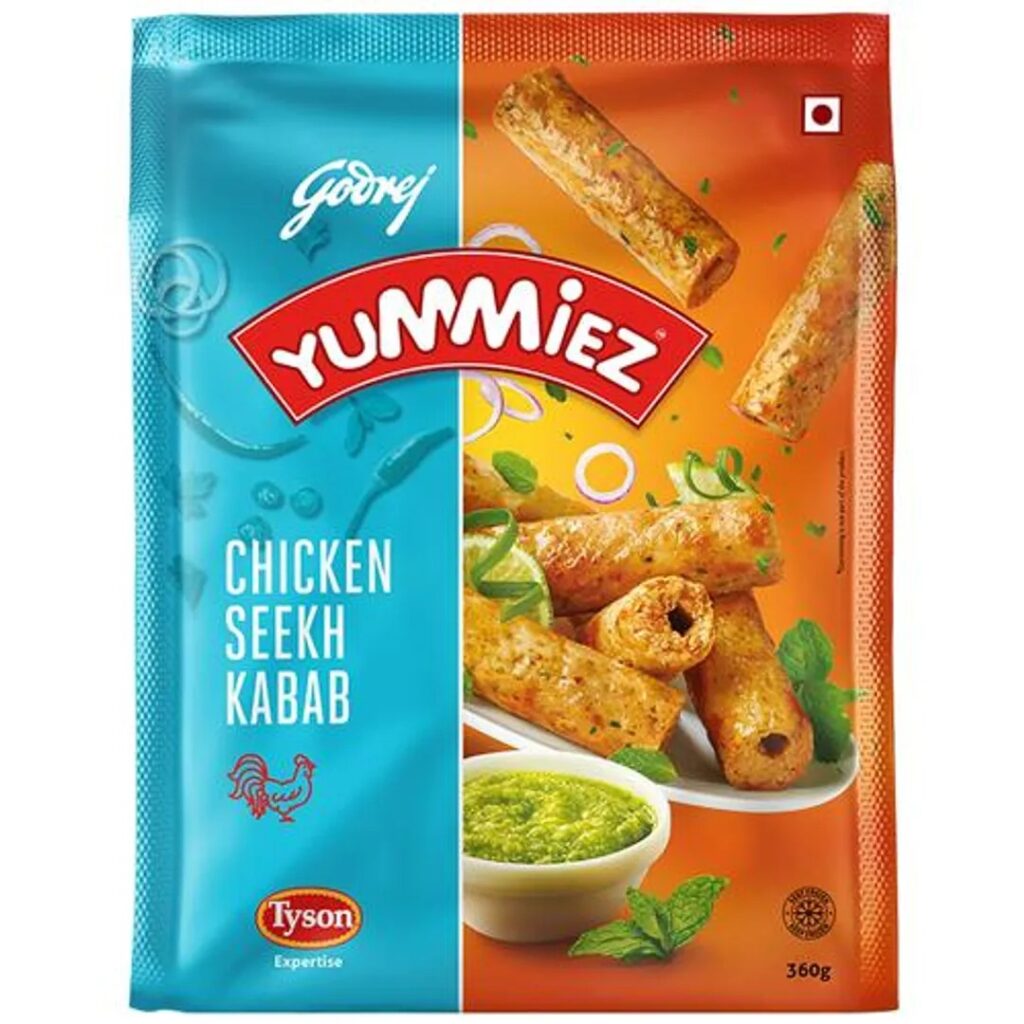
In what ways has the pandemic shifted consumer buying habits?
In some ways, the pandemic was a breakout period for frozen snacks, especially for our business. Accessibility was a big factor behind our success. We also rode on the growth in the e-commerce space, which developed cold-chain facilities well. There were months during the lockdown when we grew more than 60-70% by volume, especially when modern trade was shut.
As restaurants have brimmed again, we are re-establishing our presence in the general trade channel, working on infrastructure expansion by providing freezers and coolers to the right stores, and expanding to neighborhood shops. Mom-and-pop stores have given us a boost. Fortunately, we did not see a decline after the boom during Covid. Our brand has been successfully growing.
How do consumer preferences vary across different regions?
We have created an acronym with five core drivers of consumer trends, called ‘STTEM’. This stands for safety in a post-Covid world, technology such as preservative-free products, taste, ease of preparation, and mood-uplifting foods. While some trends are pan-Indian, there are regional variations. For instance, non-vegetarian foods are more accepted in the East and South, and cold cuts are popular in the East and Northeast.
How is your company adapting to the increasing demand for healthier snack options as consumers are becoming more health-conscious? What measures does your company take to ensure your snacks are fresh and ready to eat?
We don’t think of health consciousness as a challenge but as an opportunity. First, it includes wanting to consume safe items, and we deliver as a legacy brand with a reputation for maintaining hygiene. Second, given our technology, we don’t add any preservatives to our products, which is one of the biggest concerns among consumers. These are the reasons why we are seeing growth. A challenge for us is to drive penetration in the category, given the existing cold chain infrastructure. We have to expand our footprint.
What about pricing? Are consumers very price-sensitive?
This is one area where I feel innovation will be the cornerstone. We have been working on this for the last few months. We believe in offering convenient and affordable options and our latest launch of a pack of 2 Yummiez Sausage at Rs.30/- is a category-breaking disrupting innovation.
—–
 English
English French
French German
German Italian
Italian



